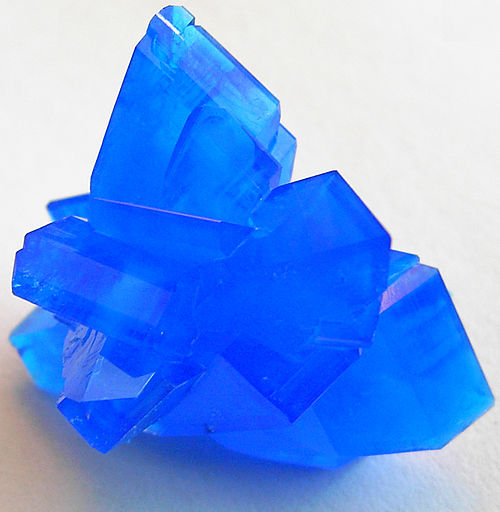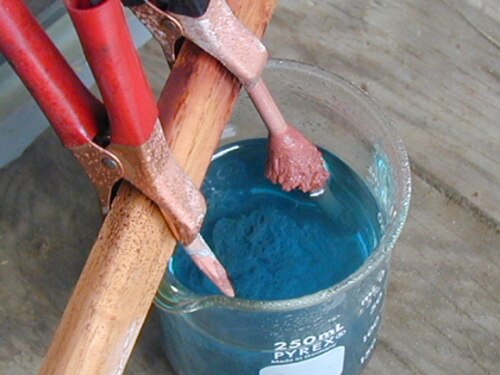Bluestonenoun
(UK) A form of dolerite which appears blue when wet or freshly broken.
Bluestonenoun
(UK) Any of several massive stones used to construct Stonehenge.
Bluestonenoun
(US) A feldspathic sandstone in the U.S.
Bluestonenoun
(US) A form of limestone native to the Shenandoah Valley
Bluestonenoun
(Australia) A basalt or olivine basalt.
Bluestonenoun
Slate from quarries in or near Adelaide.
Bluestonenoun
Blue vitriol.
Bluestonenoun
A grayish blue building stone, as that commonly used in the eastern United States.
Bluestonenoun
bluish-gray sandstone used for paving and building
Bluestonenoun
any of various bluish or grey building stones.
Bluestonenoun
any of the smaller stones made of dolerite found in the inner part of Stonehenge.
Bluestone
Bluestone is a cultural or commercial name for a number of dimension or building stone varieties, including:
Sarsennoun
Any of various blocks of sandstone found in various locations in southern England.
Sarsennoun
One of the large sandstone blocks scattered over the English chalk downs; - called also sarsen stone, and Druid stone.
Sarsen
Sarsen stones are sandstone blocks found in quantity in the United Kingdom on Salisbury Plain and the Marlborough Downs in Wiltshire; in Kent; and in smaller quantities in Berkshire, Essex, Oxfordshire, Dorset, and Hampshire. They are the post-glacial remains of a cap of Cenozoic silcrete that once covered much of southern England – a dense, hard rock created from sand bound by a silica cement, making it a kind of silicified sandstone.














